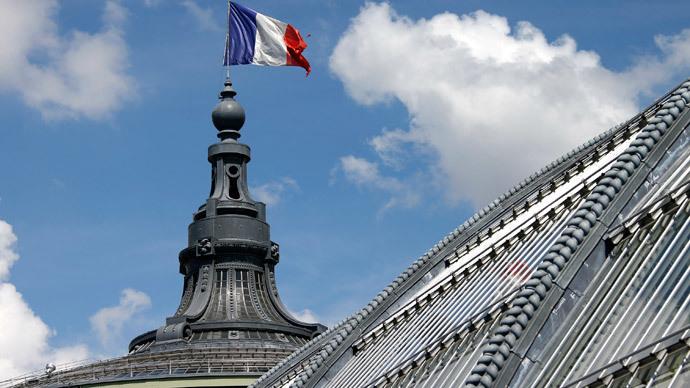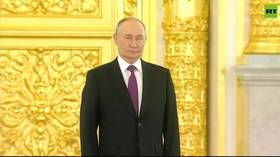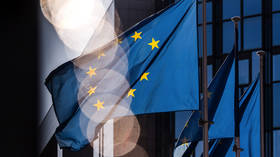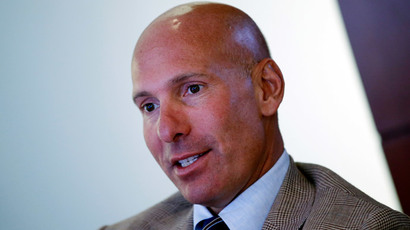France will not sign multibillion transatlantic trade deal with US in 2015

The French government will not support the Transatlantic Trade and Investment Partnership (TTIP) between the EU and US as long as a controversial stipulation is included.
France, like the UK and Germany, will block the trade deal all together if the mechanism of investor-to-state dispute settlement (ISDS) is included; EurActiv France reported.
The clause appears in most free trade agreements, and would leave France defenseless against foreign companies taking legal action against it if laws and legislation stunt profits.
"France did not want the ISDS to be included in the negotiation mandate," France's Secretary of State for Foreign Trade, Matthias Fekl told the French Senate. "We have to preserve the right of the state to set and apply its own standards, to maintain the impartiality of the justice system and to allow the people of France, and the world, to assert their values," he added.
Due to this stumbling block, there will be no “significant advances” in the trade agreement, which has been a sour point in US-EU relations.
France earlier said it wouldn’t sign the TTIP as long as the US continued spying on EU allies.
The deal would set up 'non-barrier' trade between the world's two biggest trading regions.The two blocs already trade $1 trillion annually, and swap $4 trillion in investment.
A controversial free trade agreement, TTIP is destined to bring down regulatory barriers. Proponents of the deal say that it will boost GDP in the EU by €100 billion and in the US by more than $100 billion, as well as create over 700,000 jobs in America. More free trade would increase investment, and widening export industries would add jobs.
READ MORE: EU-US historic trade deal: ‘Putting the corporation above the nation’
Opponents of TTIP warn that these figures are not realistic and that cheaper goods and services would hurt the EU and help the US.
Boosting trade with the US may also come at a cost for European countries that may need to compromise on health, safety and environmental regulations.
The Transatlantic Trade and Investment Partnership (TTIP) between the US and Europe would create the world's largest free trade zone, but some worry it could balloon into an "economic NATO" and many say it elevates corporate interest above national interest. Trade unionists have demonstrated in the UK fearing the mega trade deal will lead to a massive sale of state assets to the private sector.
Demonstrators have also taken place in France, Germany, Italy, Spain, Greece, Netherlands, Poland, the Czech Republic, and Scandinavia.
Read More: #NoTTIP: Mass protests slam US-EU trade deal as 'corporate power grab'
Despite the political blowback, British PM David Cameron again pledged his support for the deal at the G20 summit in Brisbane, Australia last weekend.
Talks first started in July 2013, but what's on the document itself has been shrouded in secrecy, and even EU parliament members won't see the final product until they have to vote on it.














